conference coverage

NEI Congress 2025
Psych Congress 2025
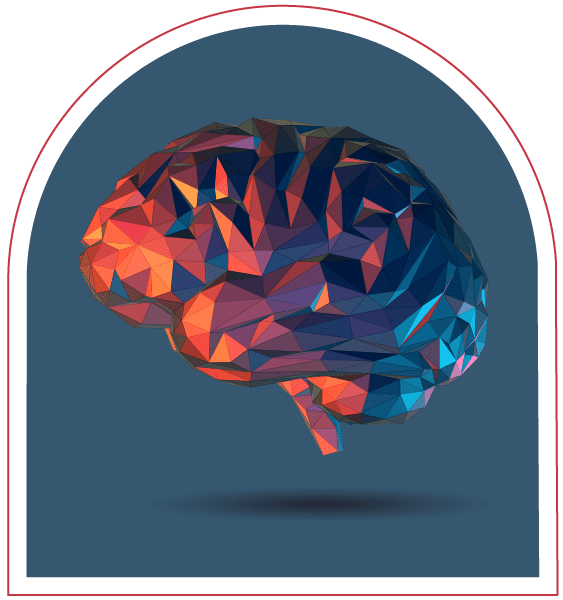
Editorial Focus
Emerging Approaches in Schizophrenia
This Editorial Focus collection from Psychiatrist.com News focuses on the latest advances in schizophrenia treatment, with an emphasis on emerging therapies that go beyond traditional dopaminergic approaches. It offers valuable insights into managing the complex symptoms of schizophrenia, including difficult-to-treat negative symptoms and cognitive impairments.
Explore the role of non-dopaminergic mechanisms, particularly cholinergic neurotransmission, and the potential of new treatments to address symptoms of schizophrenia. Clinicians will also find discussions on the functional, emotional, and economic burdens of the disorder, with a focus on how novel therapies can improve patients’ overall quality of life and functional outcomes.
By examining new therapeutic strategies and their impact on patient care, this collection equips psychiatrists with practical information to enhance their clinical practice and support better outcomes for patients living with schizophrenia.
Recent News on Schizophrenia
Insights Videos
It Takes Guts to Be Mentally Ill, Part 1: A Brief Overview of the Human Gut Microbiota
September 8, 2025
It Takes Guts to Be Mentally Ill, Part 2: The Relationship Between the Gut Microbiota and Psychosis
September 8, 2025
Update on Current & Emerging Treatments for Negative Symptoms in Schizophrenia
February 21, 2025
The Near-Term Future of Muscarinic Agonists and Modulators for Schizophrenia: M1 and/or M4
February 21, 2025
What are the Efficacy and Safety of Muscarinic Receptor Modulators in Patients With Schizophrenia?
November 19, 2024
What is the Place of Muscarinic Receptor Modulators in the Clinical Care of Patients With Schizophrenia?
November 19, 2024
Prevalence and Determinants of Everyday Disability in Schizophrenia
October 31, 2024
Recent Clinical Research from JCP
More News and Clinical Research about Emerging Approaches in Schizophrenia
Master Key Statistical Concepts
for Informed Clinical Decisions
Biostats Made Simple
Explore essential statistical concepts explained simply to help clinicians better understand medical research by Chittaranjan Andrade, MD. Key topics such as effect sizes, risk ratios, and clinical trial data interpretation are broken down to support informed decision-making. This resource is tailored for clinicians and mental health professionals looking to deepen their knowledge of biostatistics and apply it to evidence-based practice.
A Primer on Individual Participant Data Meta-Analysis and Its Strengths and Limitations
July 7, 2025
Autism Spectrum Disorder, 2: Imprecision of the Numerical Value of Risk When Examining Predictors of Risk in Regression
May 14, 2025
Using Percentiles to Understand Standardized Mean Difference as a Measure of Effect Size
August 7, 2023
HARKing, Cherry-Picking, P-Hacking, and Data Dredging as Questionable Research Practices
February 18, 2021
Mean Difference, Standardized Mean Difference, and Their Use in Meta-Analysis
September 22, 2020
Clinical Resource Center
Posttraumatic Stress Disorder and Trauma
Thousands of providers trust Psychiatrist.com each month to provide clinically relevant and actionable content. This section has hundreds of articles on trauma and posttraumatic stress disorder’s diagnosis, management, and underlying mechanisms, with authors from some of the world’s most prestigious universities and organizations. Articles in the PTSD section come from The Journal of Clinical Psychiatry, The Primary Care Companion to CNS Disorders, and our original News.
Lack of Generalizability of PTSD Treatment Trials: The Recent Brexpiprazole-Sertraline Trials as an Example
November 26, 2025
Brief Video Intervention to Increase Treatment-Seeking Intentions in Young Adults
October 27, 2025
Special Section
Focus on Women’s Mental Health
The objective of the Focus on Women’s Mental Health section is to recognize and address the need for gender-based research. Authors are invited to submit well-designed, well-conducted studies of epidemiologic, biological, psychosocial, economic, and health services aspects of women’s mental health issues. Topics of interest include all aspects of mental health issues pertinent to the female reproductive lifespan, disorders that disproportionately affect women, and inquiries into how gender impacts the course and treatment of disorders that affect the sexes equally.
Targeting Intolerance of Uncertainty during Pregnancy: A Randomized Controlled Trial to Prevent Postpartum Anxiety Disorders
November 5, 2025
Prioritizing Mental Health to Optimize Perinatal, Fetal, and Neonatal Outcomes
September 24, 2025
Relationships between Prenatal Body Composition and Mental Health Are Moderated by Physical Activity and Diet
September 15, 2025
Special Section
Focus on Suicide
The objective of the Focus on Suicide section is to promote scientific research into the causes and prevention of suicide. Identification of risk and protective factors related to suicidal behavior, diagnosis of at-risk persons, evidence-based intervention research, treatment and practice strategies, interdisciplinary approaches, brain imaging and genomic studies are all of interest. In selecting articles on suicide, JCP aligns its goals with those set forth in February 2014 by the National Alliance for Suicide Prevention’s Research Prioritization Task Force in A Prioritized Research Agenda for Suicide Prevention. Authors are invited to submit high-quality research and scholarly reviews on all aspects of suicide that will contribute to the overall decrease in the global burden of suicide.
Precision Medicine for Suicide Prevention: It’s Time to Take the Next Step
December 22, 2025
Triple Network Model–Based Functional Dysconnectivity in Young People With Major Affective Disorders With or Without Suicidal Ideation
November 19, 2025
Neurocognition and Impulsivity in Veterans with Bipolar Spectrum Disorders: Suicide Attempters Versus Nonattempters
October 29, 2025
Five-Year Outcomes of First Suicide Attempts: Lethality, Recurrence, and Mortality
September 1, 2025
Actigraphy-Measured Sleep/Wake Characteristics Associated With Suicidal Ideation in Older Adults With Depression and High Suicide Risk
July 14, 2025
Global Population-Based Study on the Association Between Ketamine and Esketamine with Suicidality Using WHO VigiBase
July 7, 2025
New Special Section
Focus on Psychotherapy
Psychotherapy has been a mainstay of our field from its beginnings and remains a foundational skill of psychiatry, psychology, social work, and other mental health professions. However, psychotherapy researchers currently struggle for funding, and this area too often does not receive the attention it deserves.
To showcase work that advances knowledge of psychotherapies and their efficacy in alleviating suffering, JCP is calling for submissions to the Focus on Psychotherapy section, edited by John C. Markowitz, MD, and Rachel C. Vanderkruik, PhD. We invite high-quality original research and systematic reviews and welcome research on:
- Innovative pilot trials of new, targeted psychotherapy interventions
- Efficacy and effectiveness outcome trials
- Process/outcome, mediator, and moderator studies
- Novel therapy dosing, delivery, and technology
- Psychotherapy accessibility and equity
- Tailoring treatment to patient needs
- Treatment advances in psychotherapy
- Implementation and dissemination of psychotherapy interventions in real world contexts
All submitted manuscripts will undergo the Journal’s usual editorial evaluation and peer review.
Submit a Paper
for consideration in the Focus on Psychotherapy section
Section Editors
Effects of Interpersonal and Social Rhythm Therapy on Suicidal Ideation in Adults with Bipolar II Depression
September 29, 2025
One-Day Online CBT-Based Workshops for the Prevention of Postpartum Depression
April 16, 2025
Special Section
Focus on Psychosis
The objective of the Focus on Psychosis section is to promote scientific research that impacts the clinical care of individuals with psychotic disorders and related conditions. Topics may pertain to conditions across the continuum of psychosis (eg, disorders in the schizophrenia spectrum or psychosis in mood and other psychiatric disorders) and at any stage of illness (eg, high-risk, first-episode, chronic, and in recovery). We are especially interested in high-quality manuscripts describing well-designed and well-conducted studies relating to pharmacologic, somatic, psychosocial, cognitive, and complementary therapies. While basic and translational research studies in psychosis are not the focus of the journal, we strongly welcome studies that incorporate biological measures as a clinical outcome and/or that elucidate biological mechanisms associated with specific clinical outcomes.
Effect of Adjuvant Metformin on Adherence to and Persistence of Treatment With SGAs in Nondiabetic Patients
November 17, 2025
The Characteristics and Burden of Cognitive Impairments in Schizophrenia in the US
August 11, 2025
Severity of Antipsychotic-Induced Cervical Dystonia by Algorithm-Based Rating System
April 15, 2024
Special Section
Focus on Geriatric Psychiatry
To encourage scientific studies relating to the mental health of older adults, JCP is calling for submissions to the Focus on Geriatric Psychiatry, edited by Gary W. Small, MD, and Jordan F. Karp, MD. Topics of interest include late-life depression, memory disorders including Alzheimer’s disease, dementia, grief, anxiety, resilience, and cognition. Manuscripts may address any biological, psychosocial, economic, or health services aspect of mental health in older adults, including preventive and lifestyle-related factors, care in nursing home settings, and end-of-life care. We invite high-quality research focusing on various treatment modalities, including pharmacologic treatment, psychotherapy, and complementary therapies. All submitted manuscripts will undergo the Journal’s usual editorial evaluation and peer review.
Section Editors

Autoimmune Diseases, Treatments, and Dementia Risk: A Population-Based Case-Control Study from Taiwan
October 15, 2025
Effects of Alcohol Use on Cognition in Individuals With Neurocognitive Disorders
August 6, 2025
Older Adults Visiting Emergency Departments for Mental Health Issues:A CHIRPP Database Study
April 2, 2025
Special Section
Early Career Psychiatrists
The objective of the Early Career Psychiatrists section is to encourage the academic development of early career psychiatrists. Manuscripts selected for this section will be those deemed through the review process to represent excellent work from the next generation of researchers in psychiatry.
Eligibility criteria for first authors:
- Trained psychiatrists with an MD, MD/PhD, or DO degree
- Less than 5 years from completion of training
- Current academic rank no higher than Assistant Professor
Next-Step Treatment Options for Treatment-Resistant Depression
January 21, 2026
Aripiprazole or Bupropion Augmentation vs Switching to Bupropion in Treatment Resistant Depression
September 22, 2025
Artificial Intelligence in Depression – Medication Enhancement (AID-ME): A Cluster Randomized Trial of a Clinical Decision Support System for Personalized Depression Treatment Selection and Management
August 27, 2025

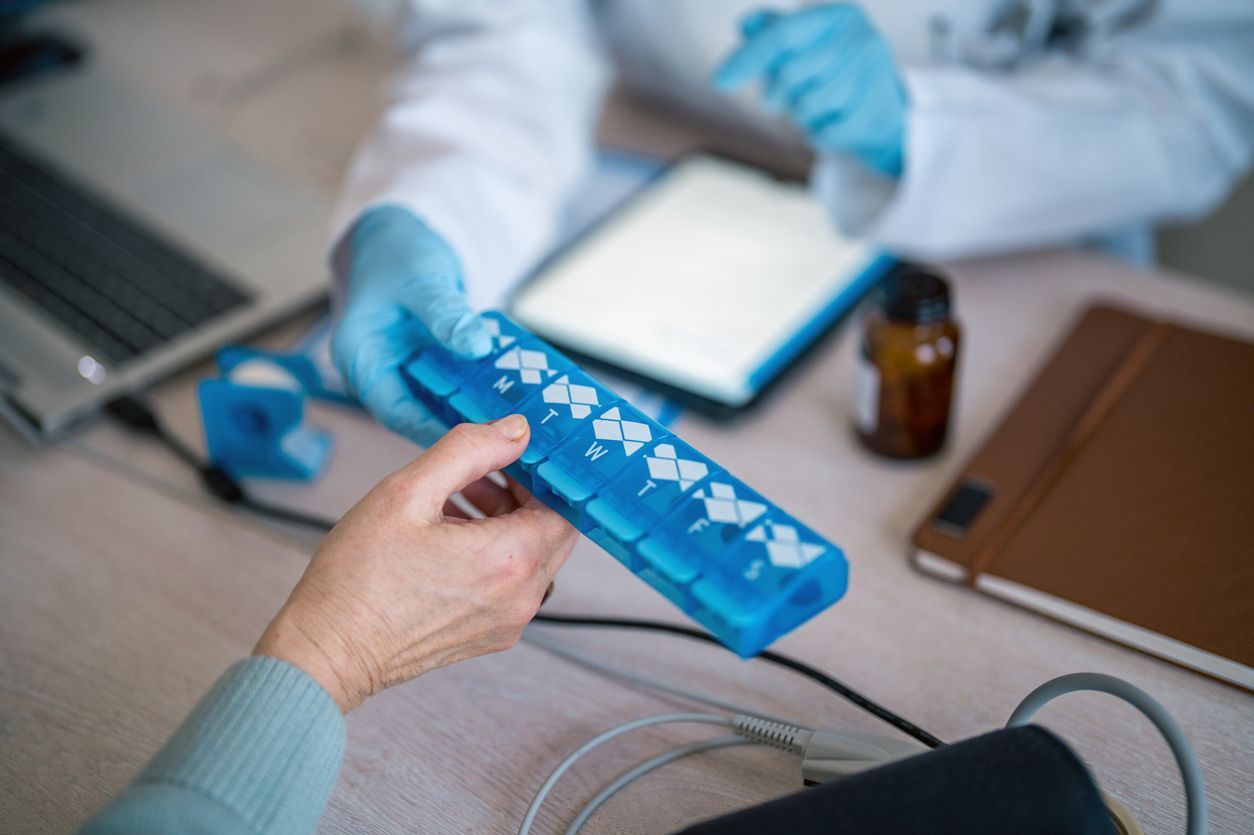






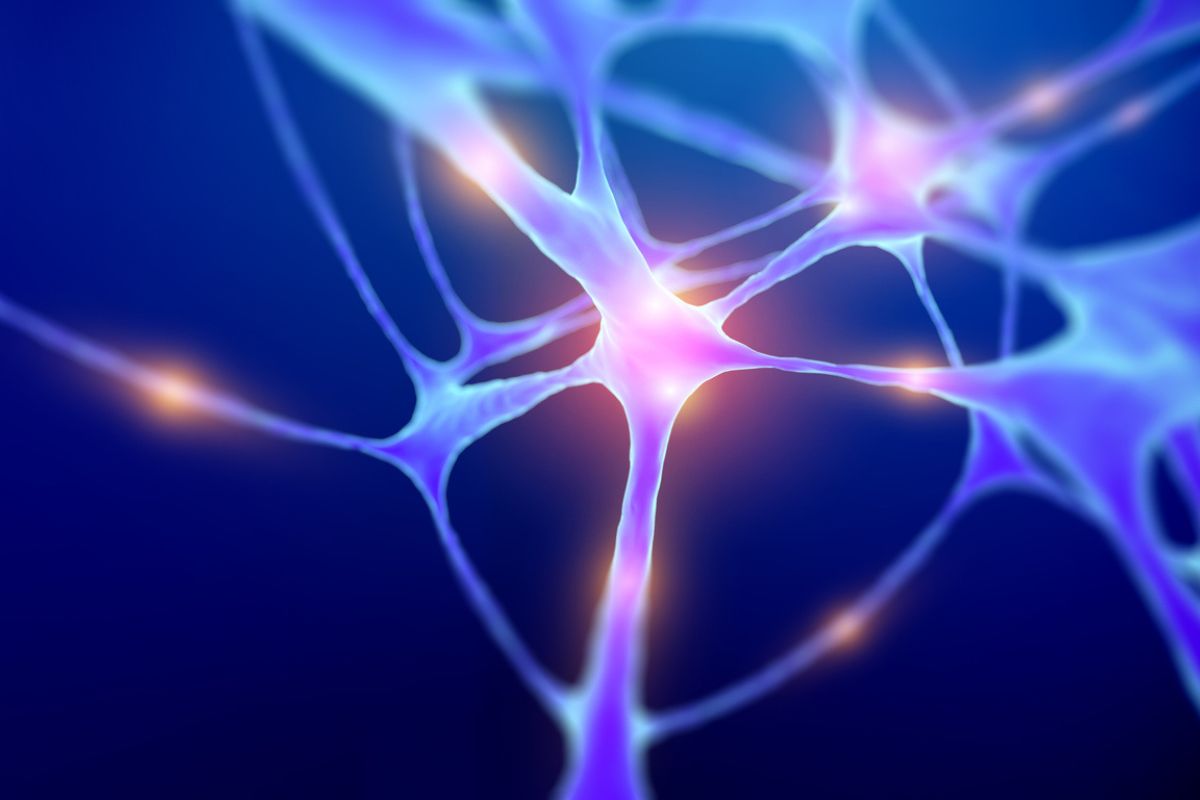




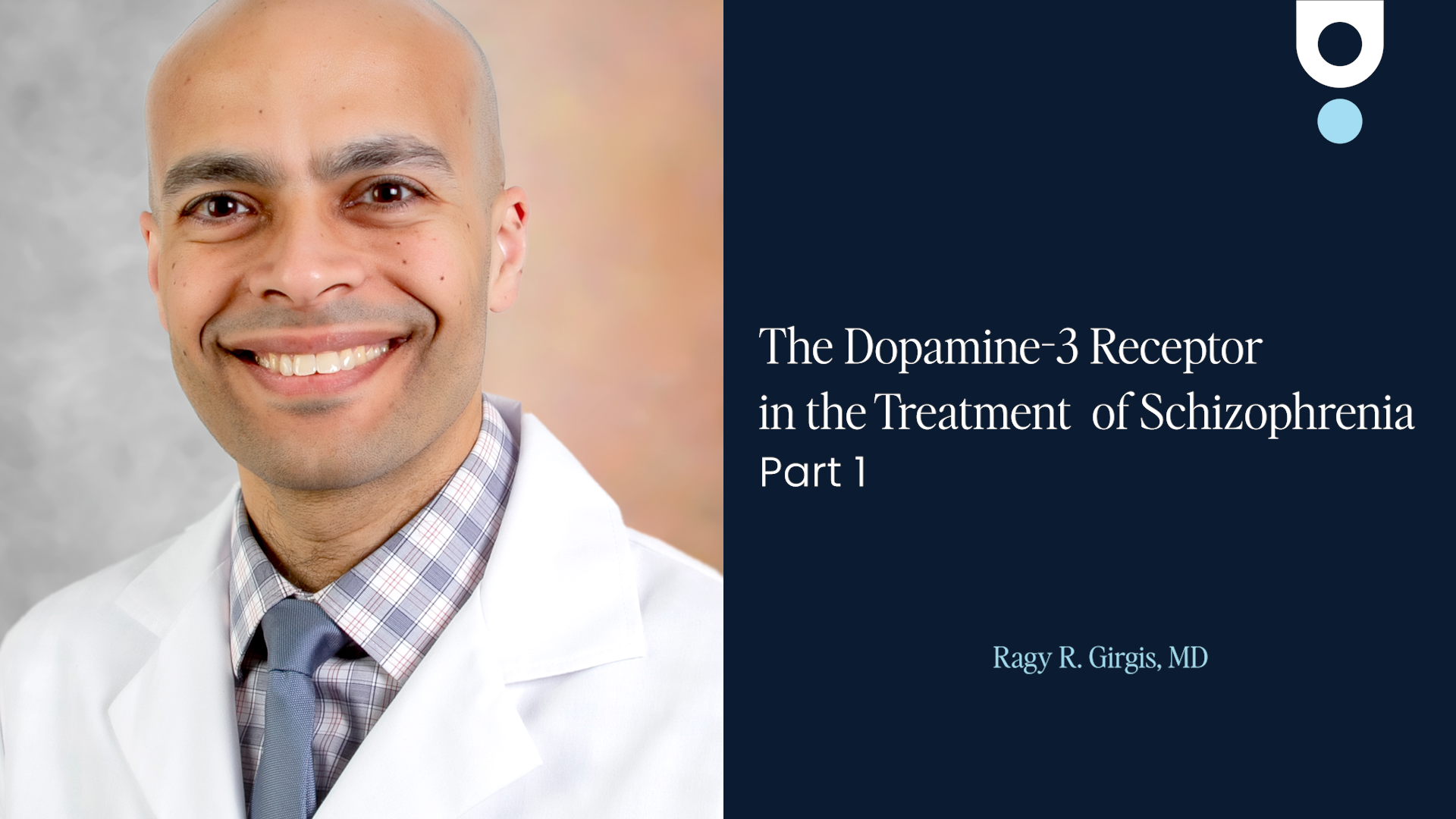
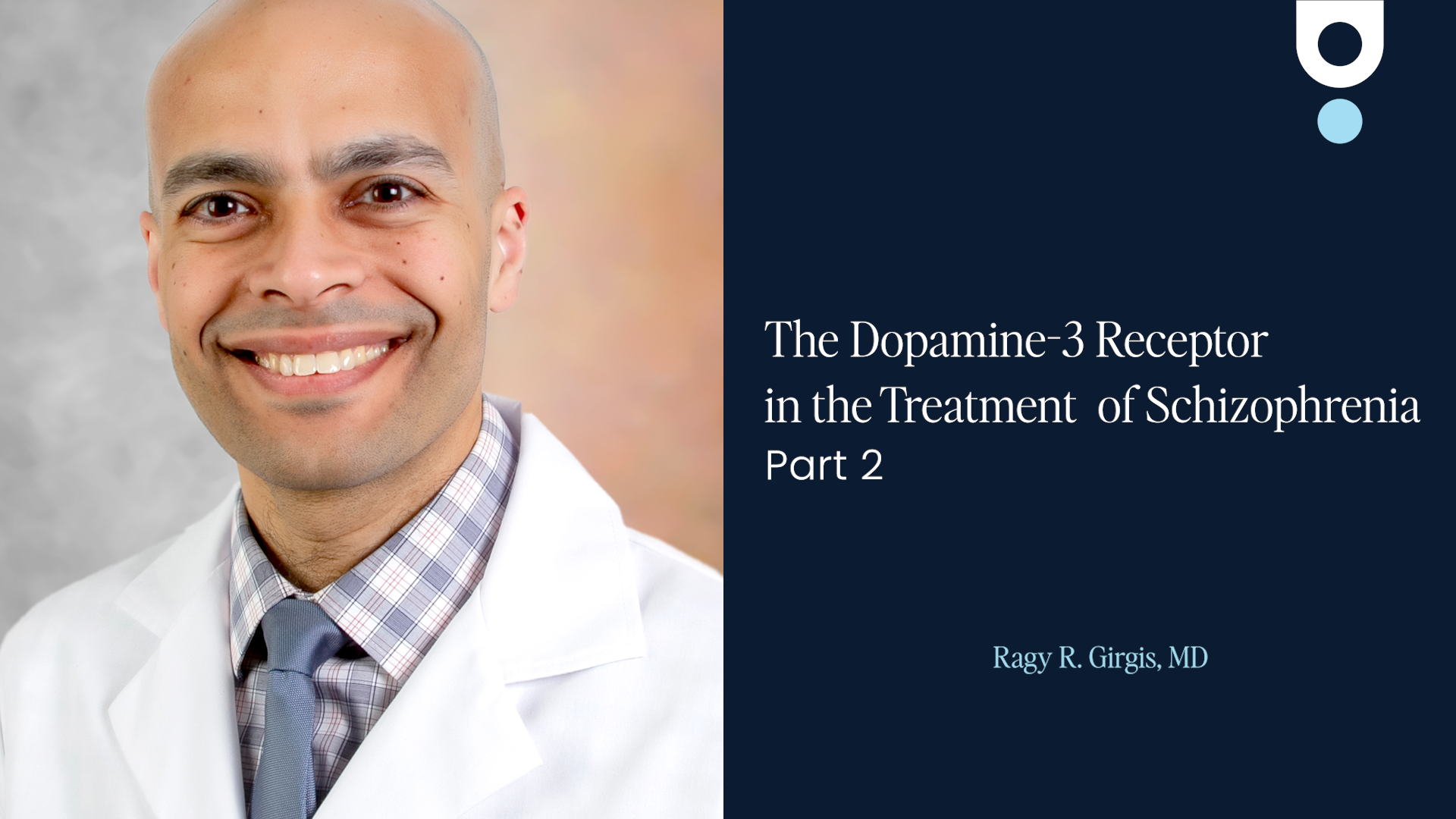
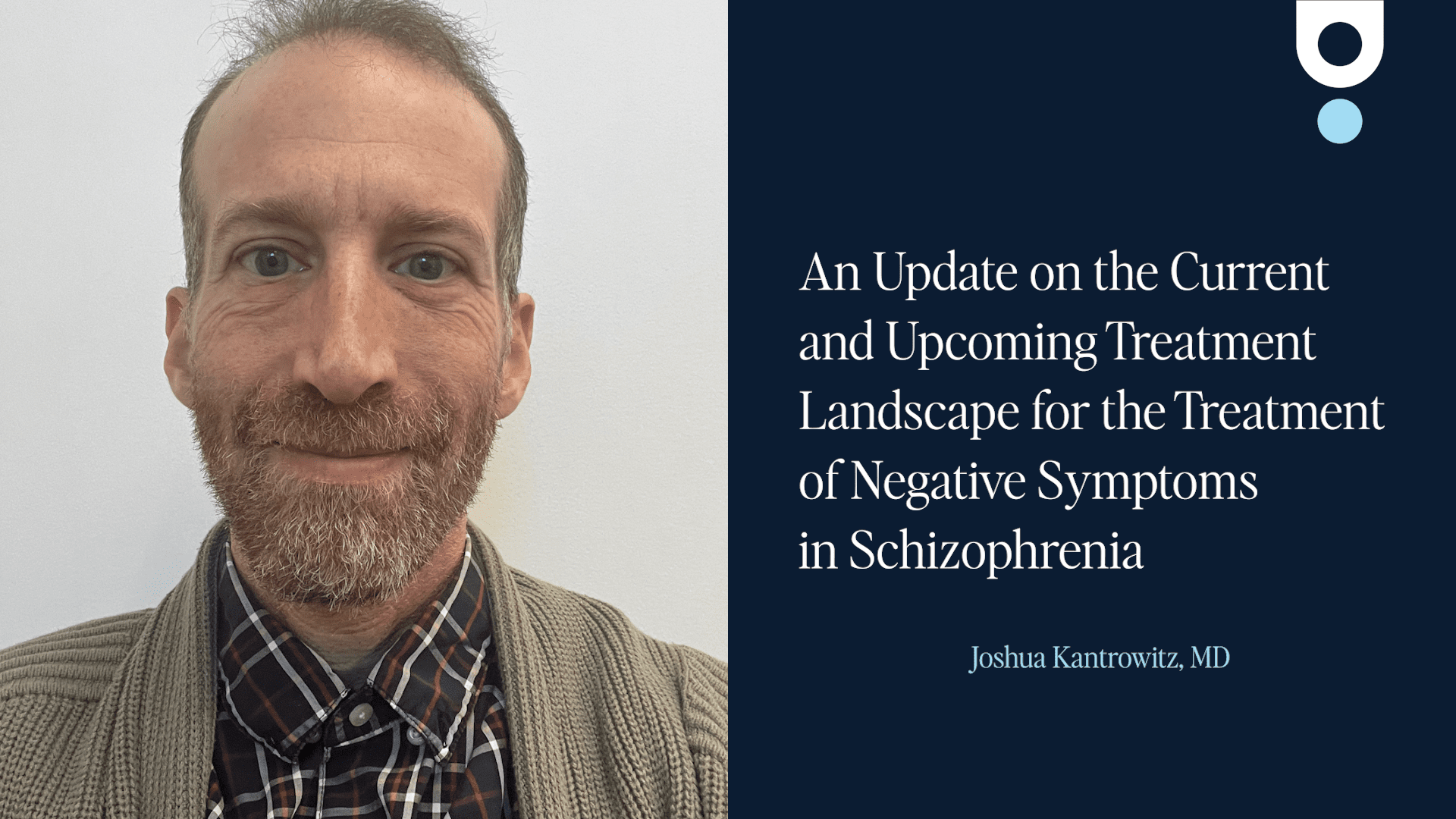
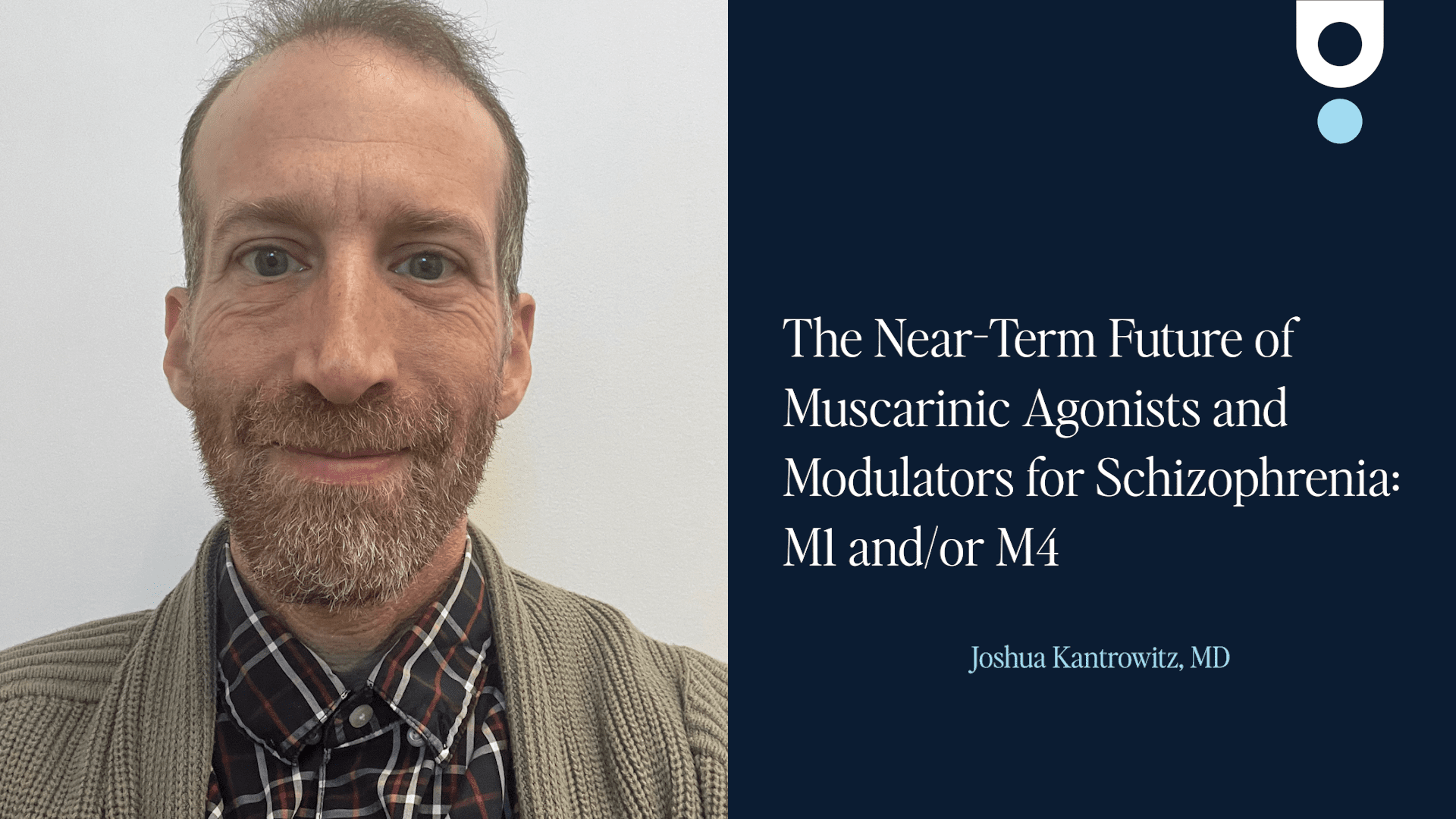
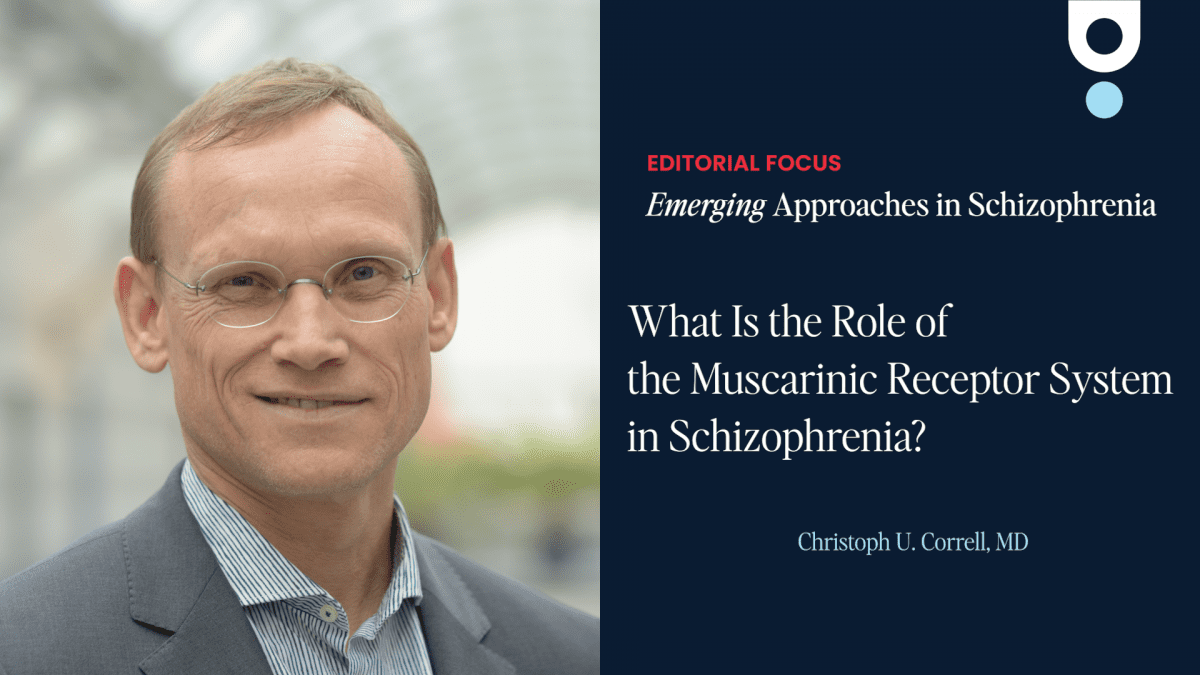
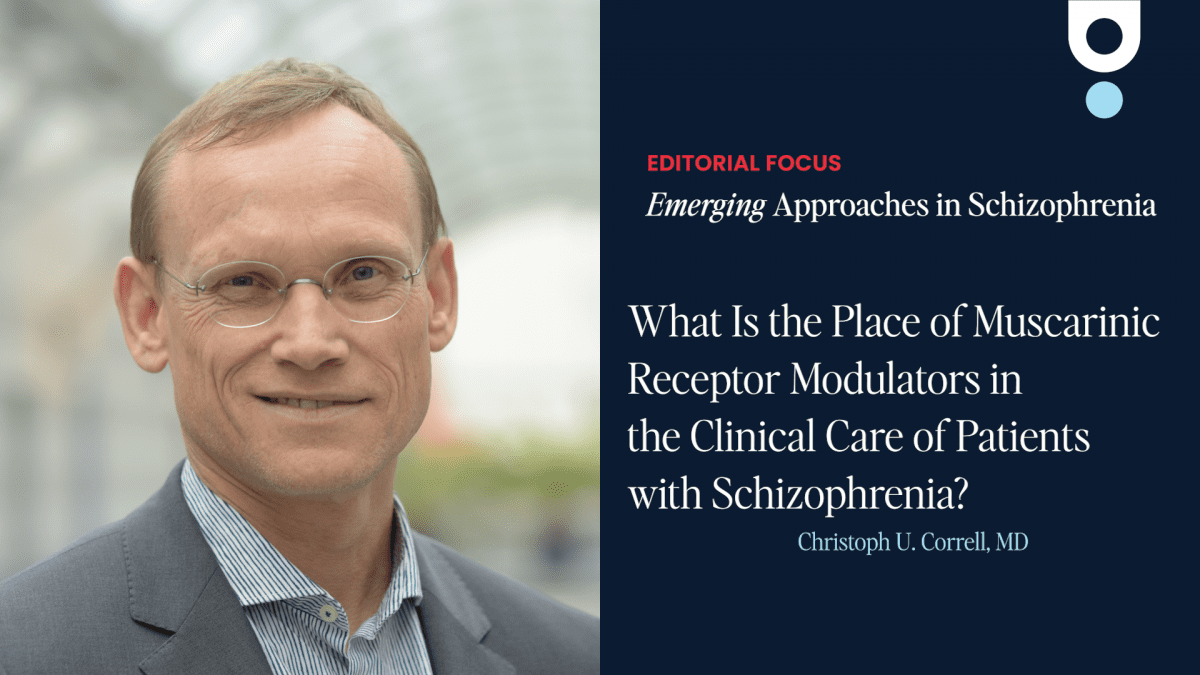
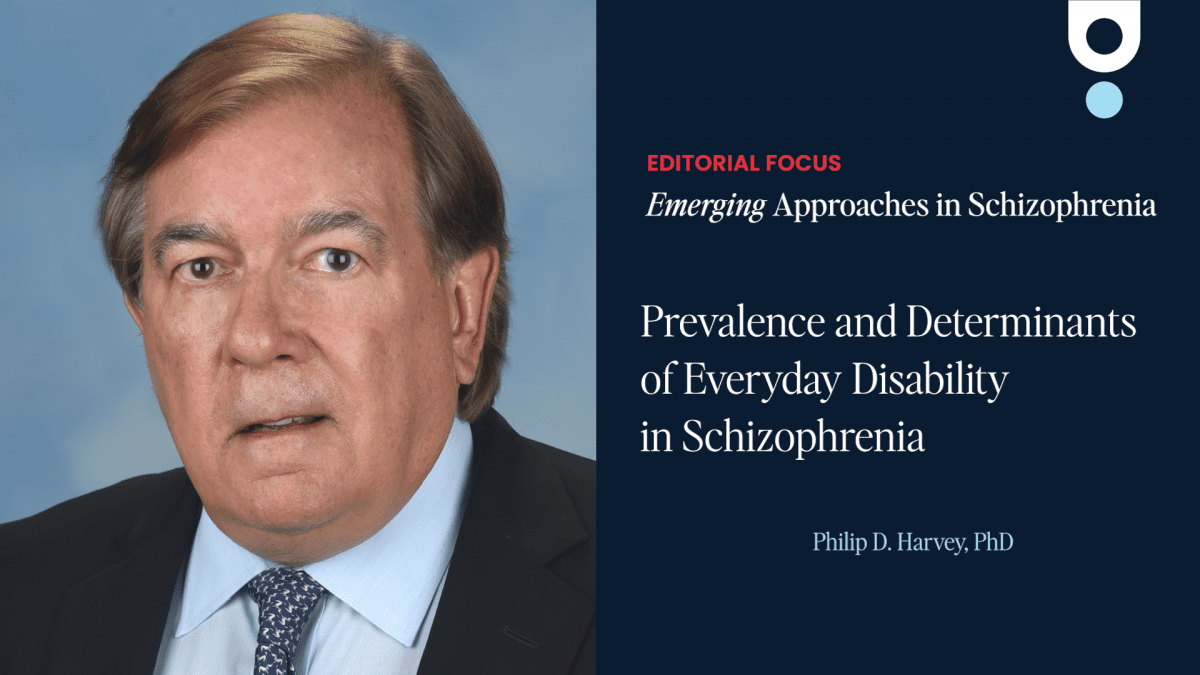
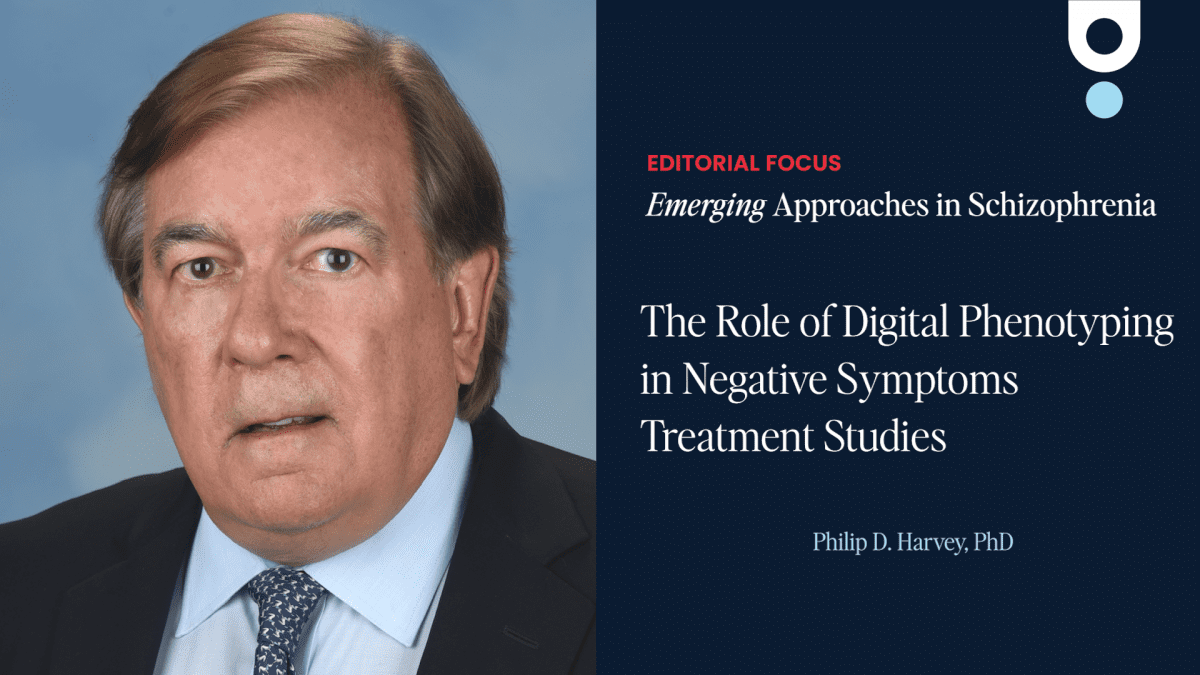
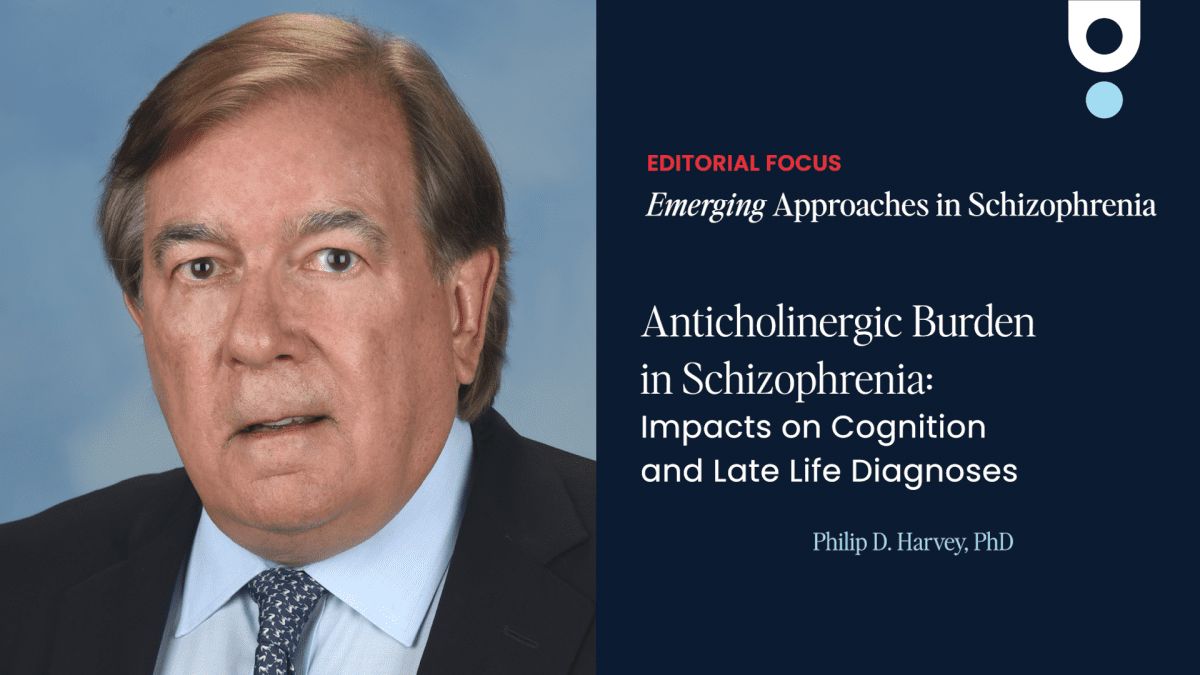




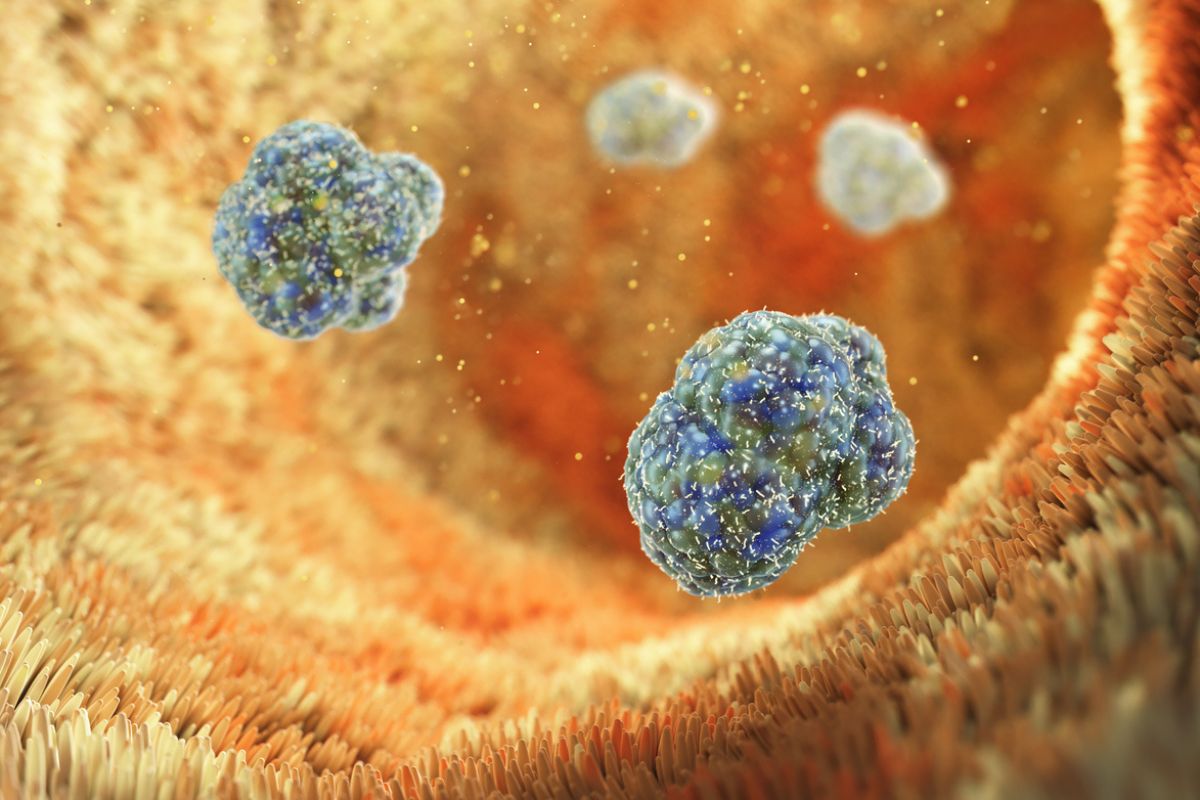






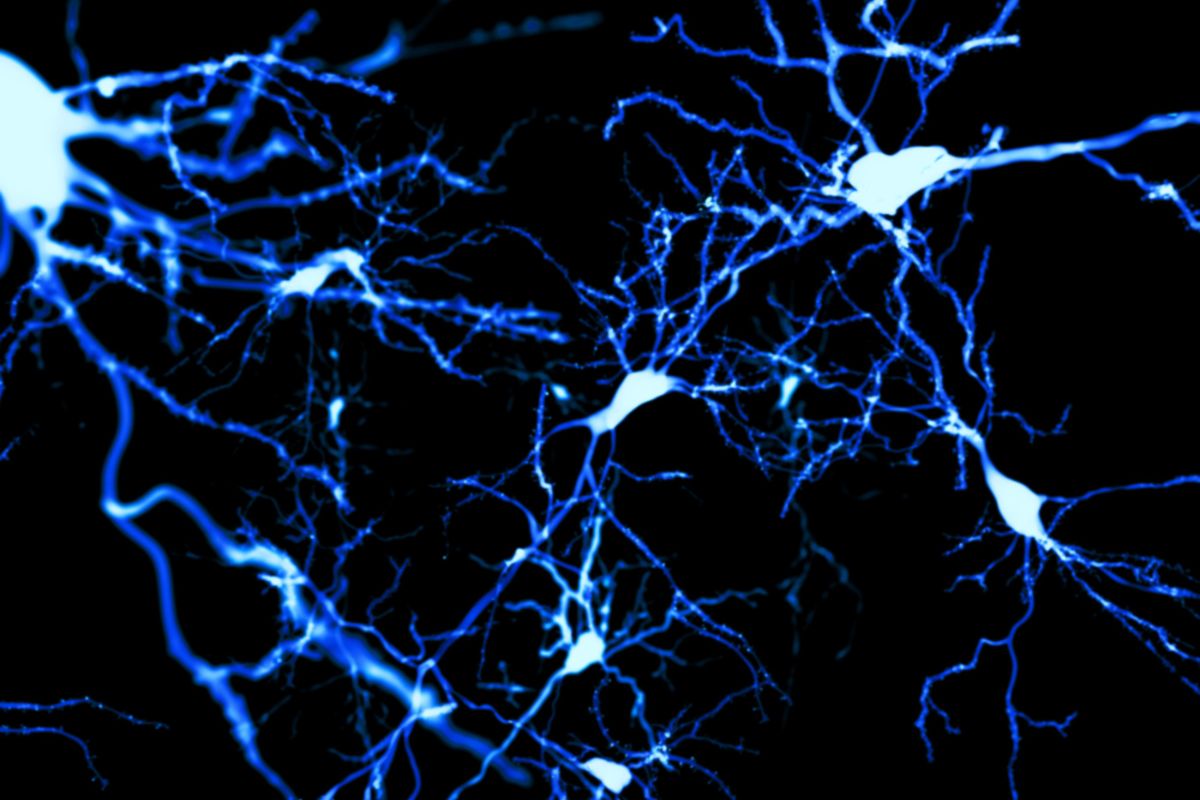


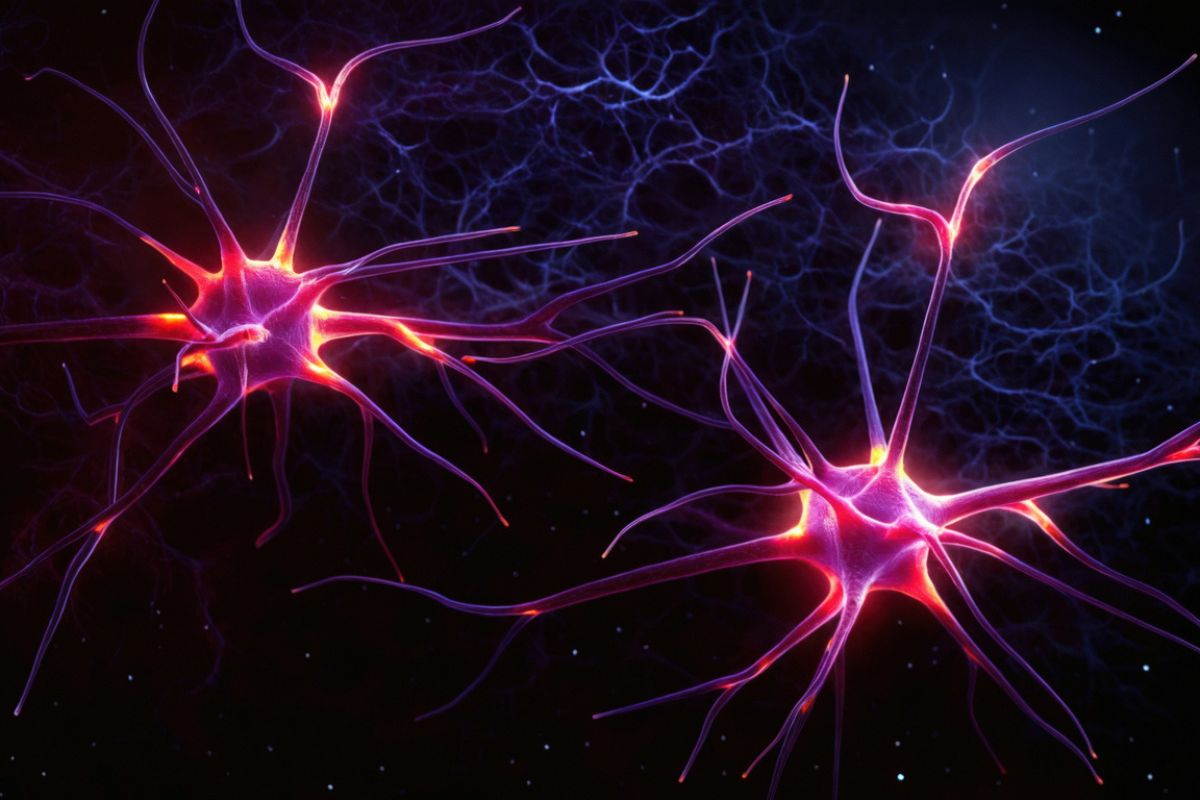





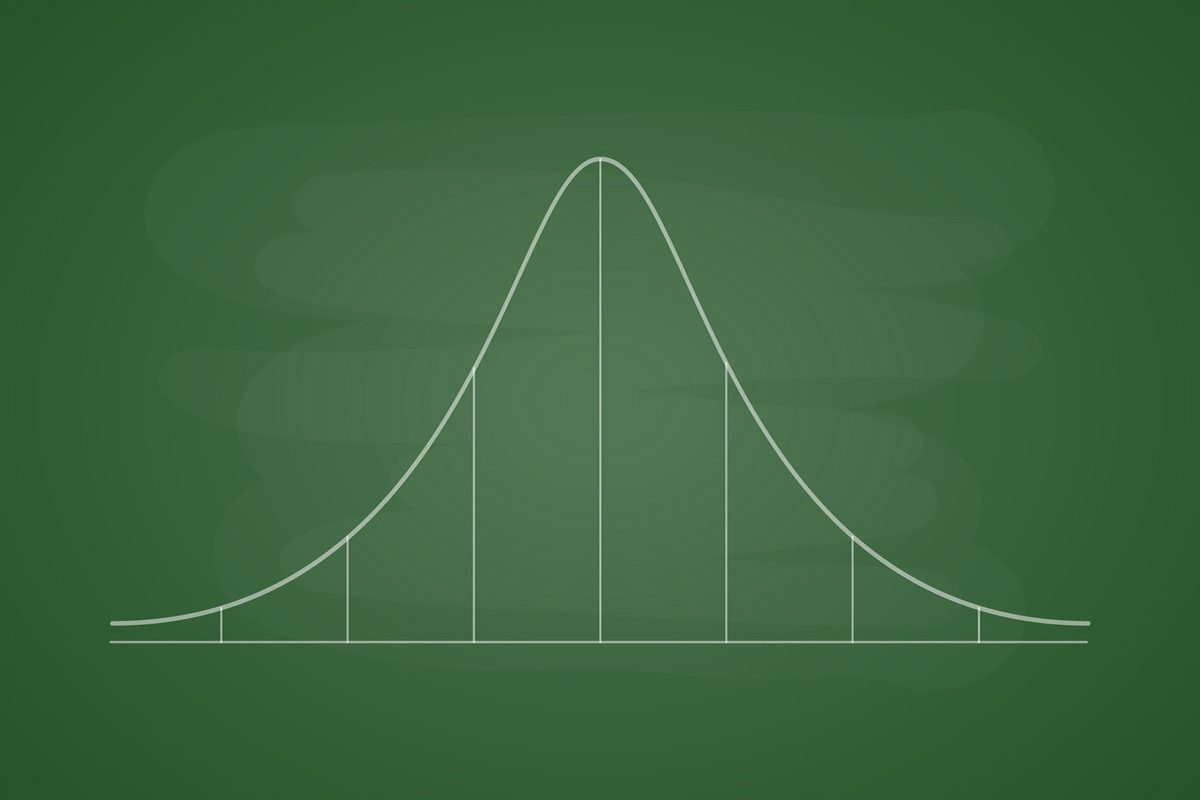
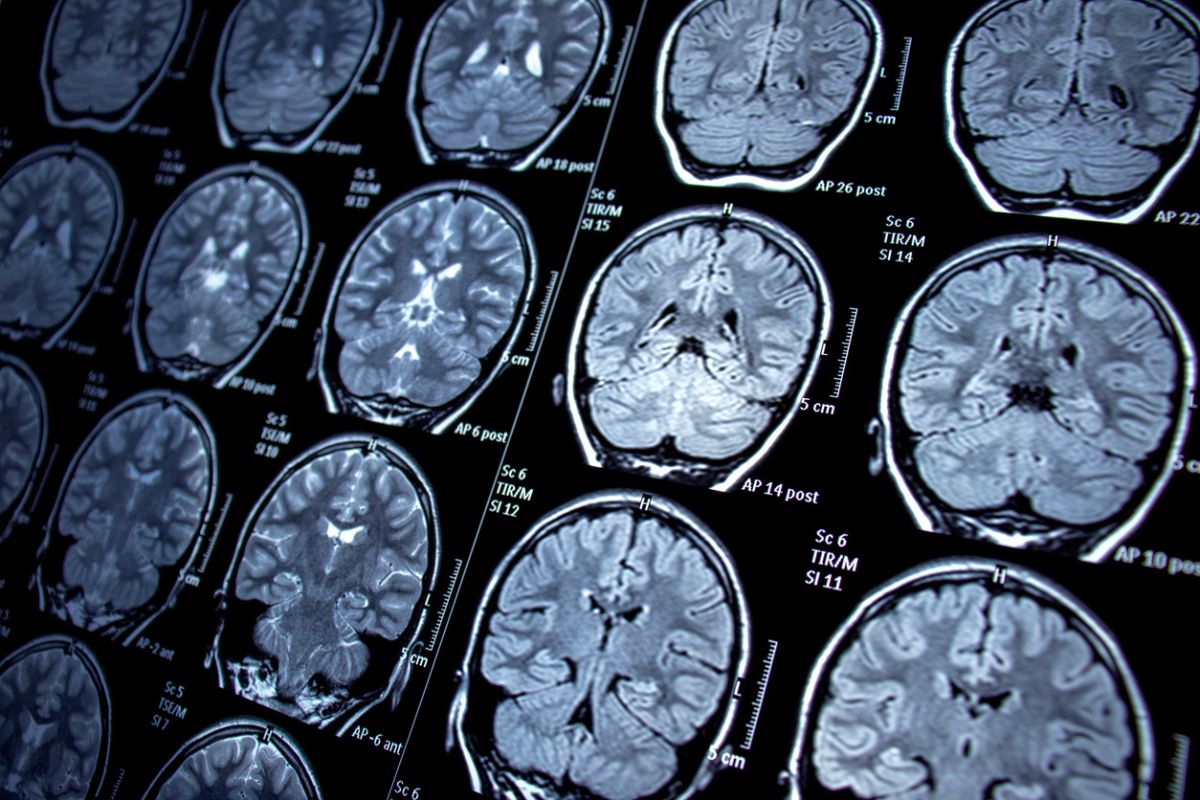


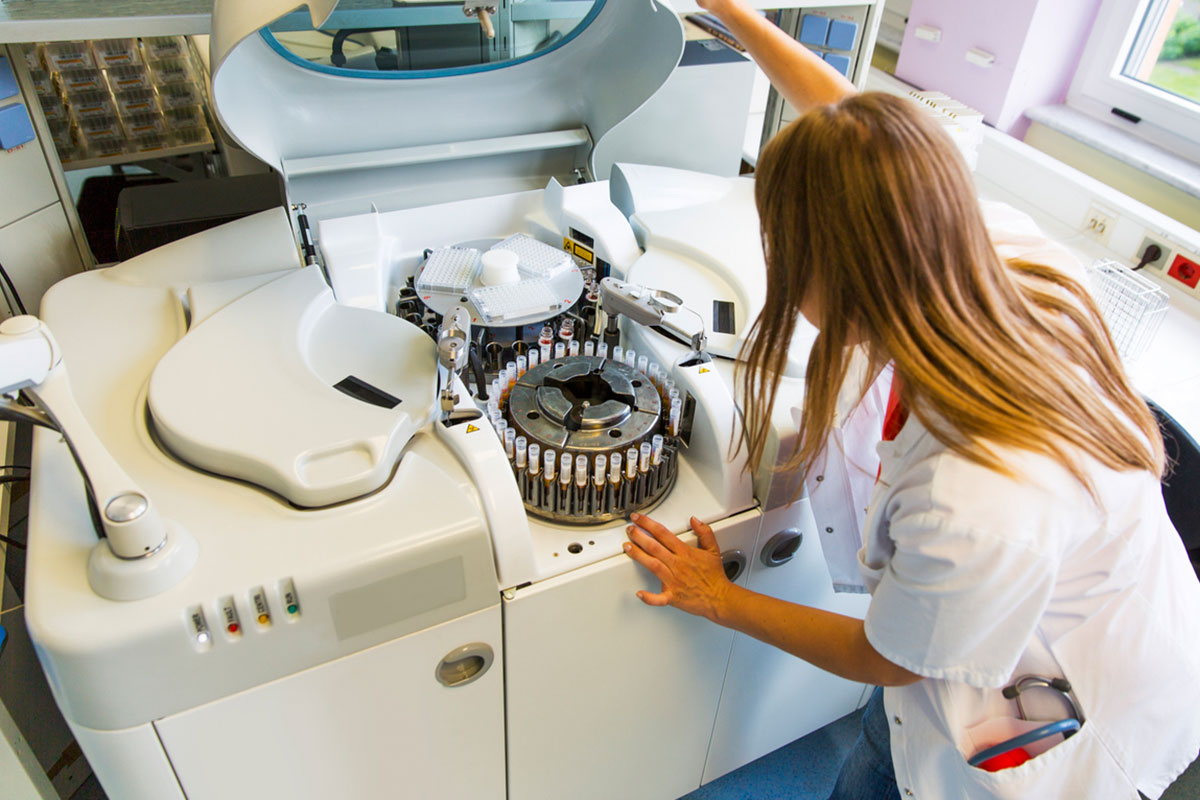







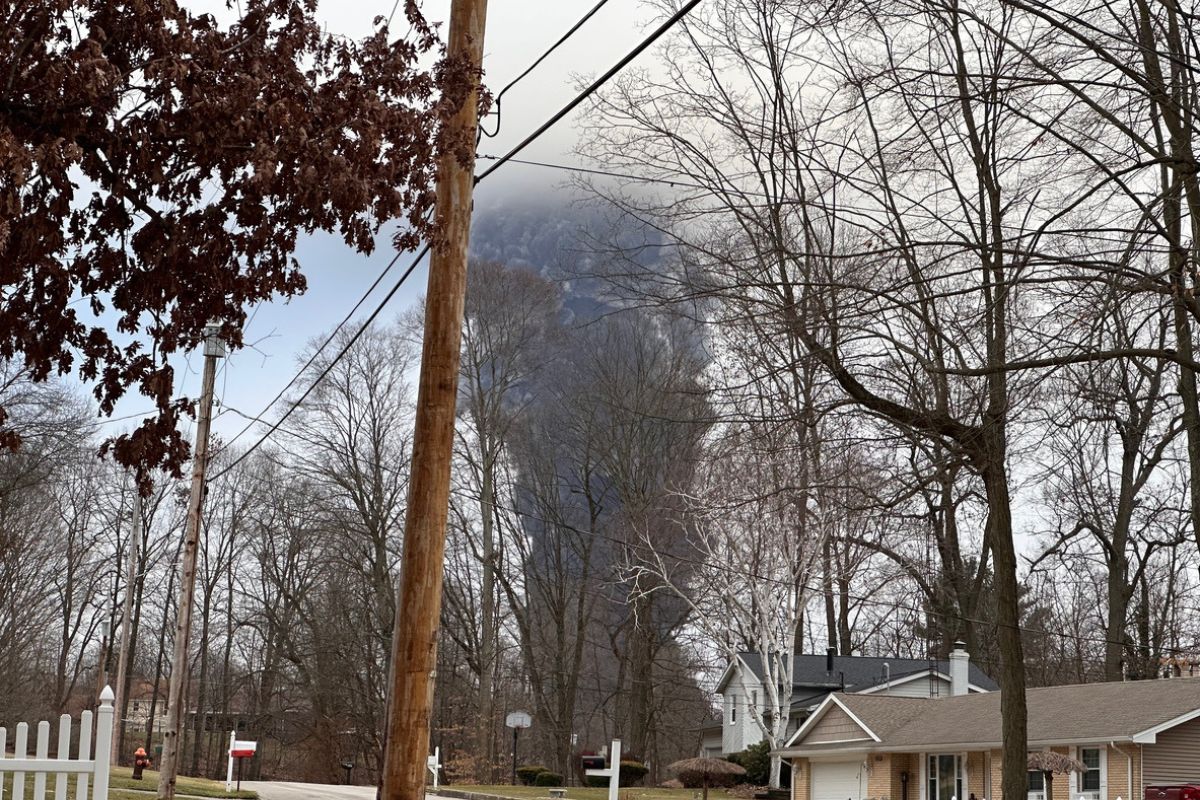





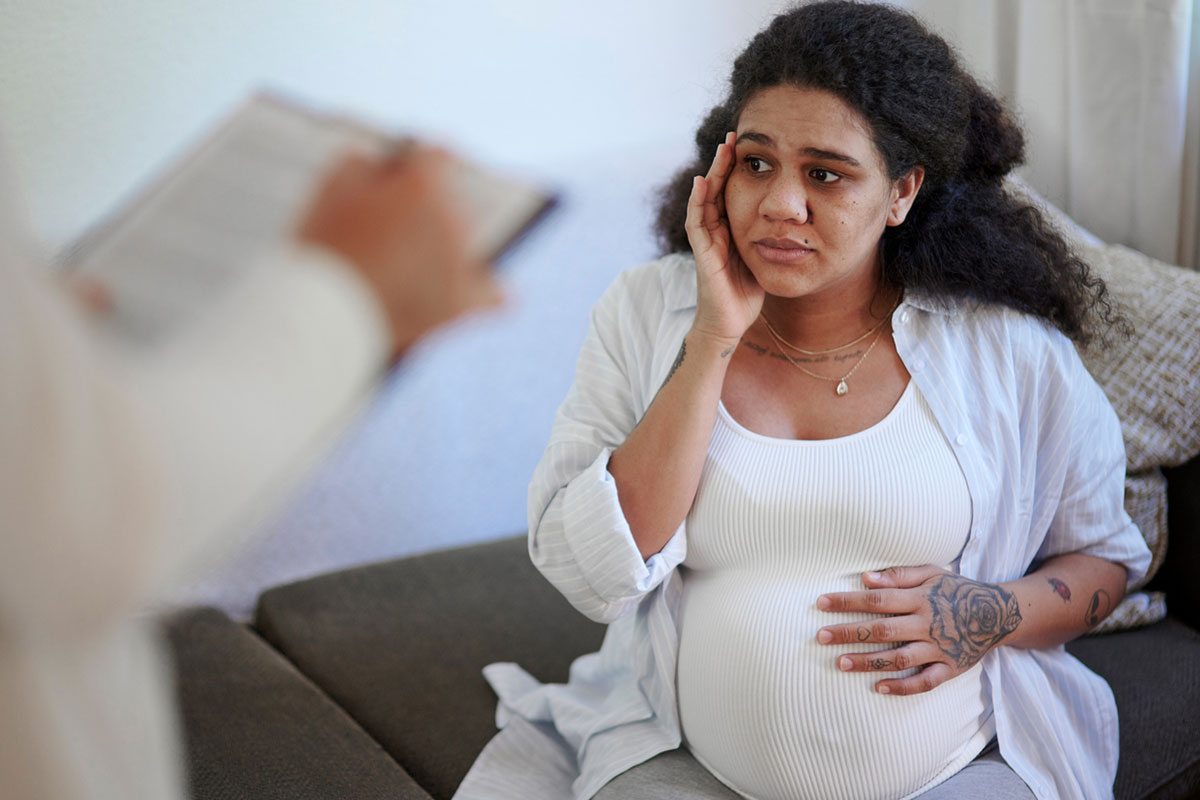






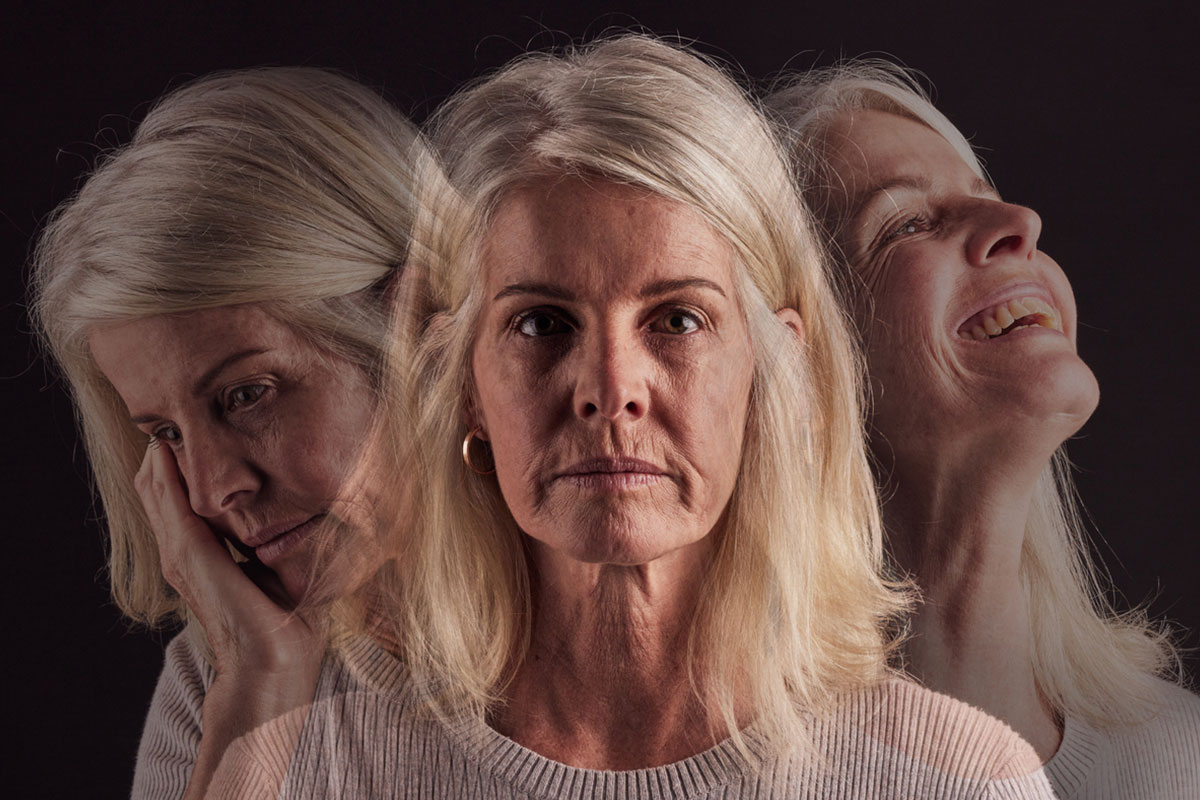








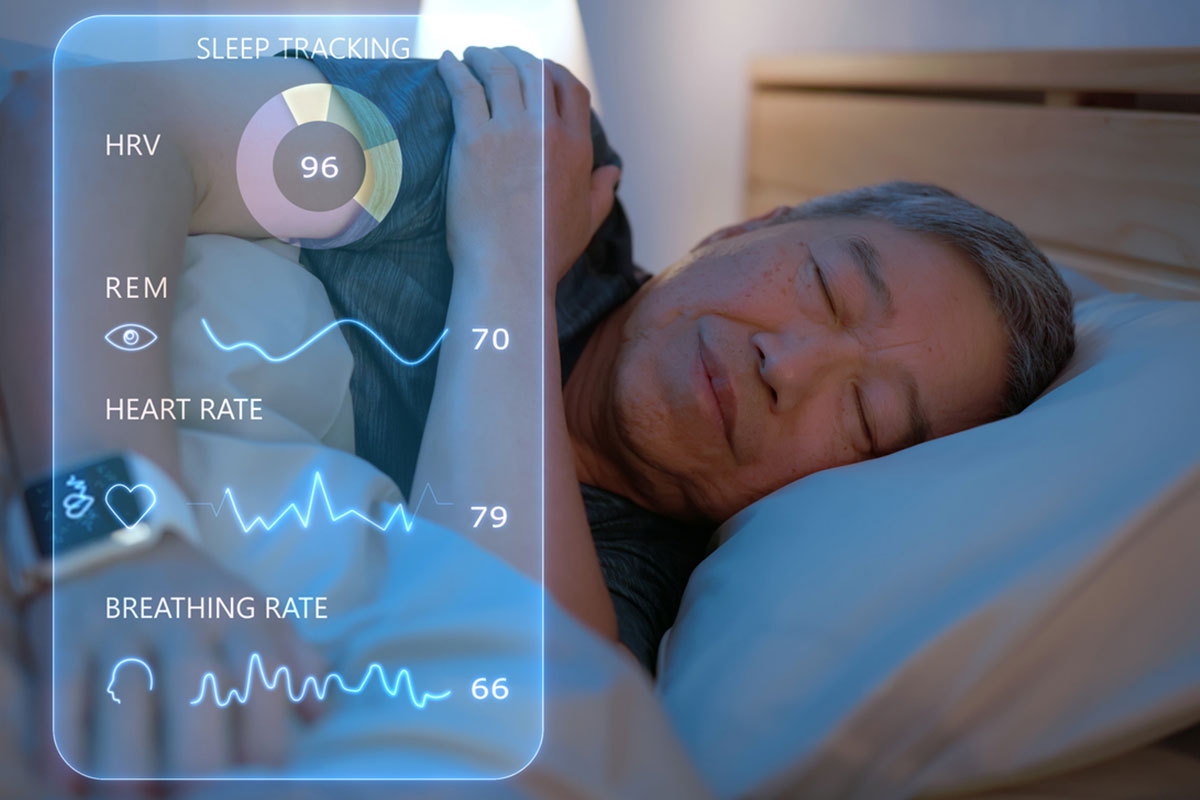
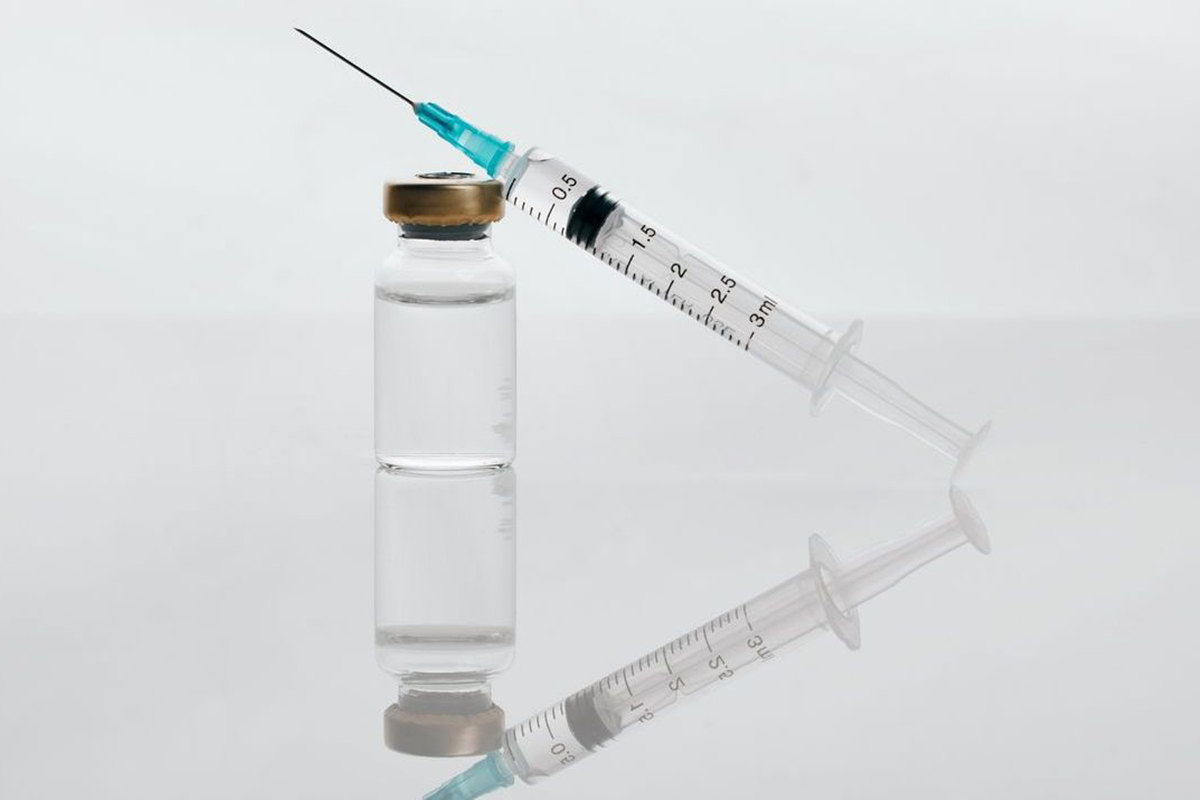













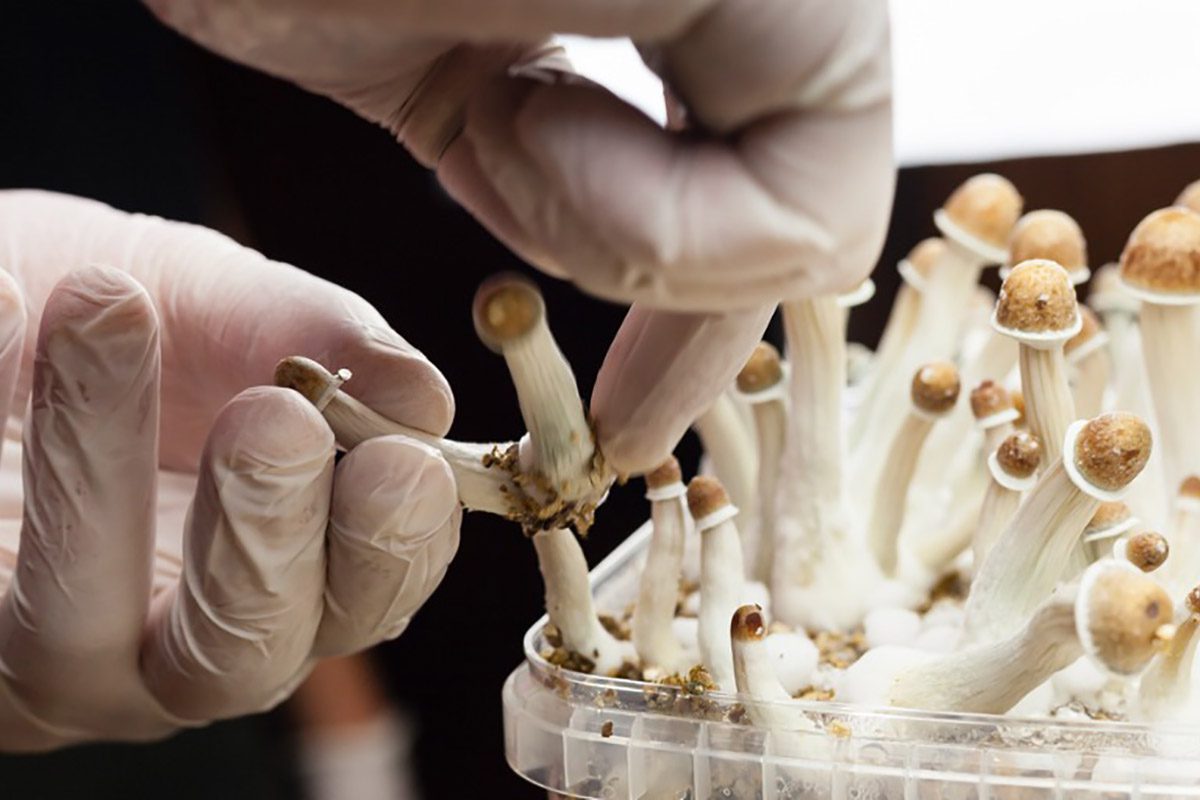

 Section Editor
Section Editor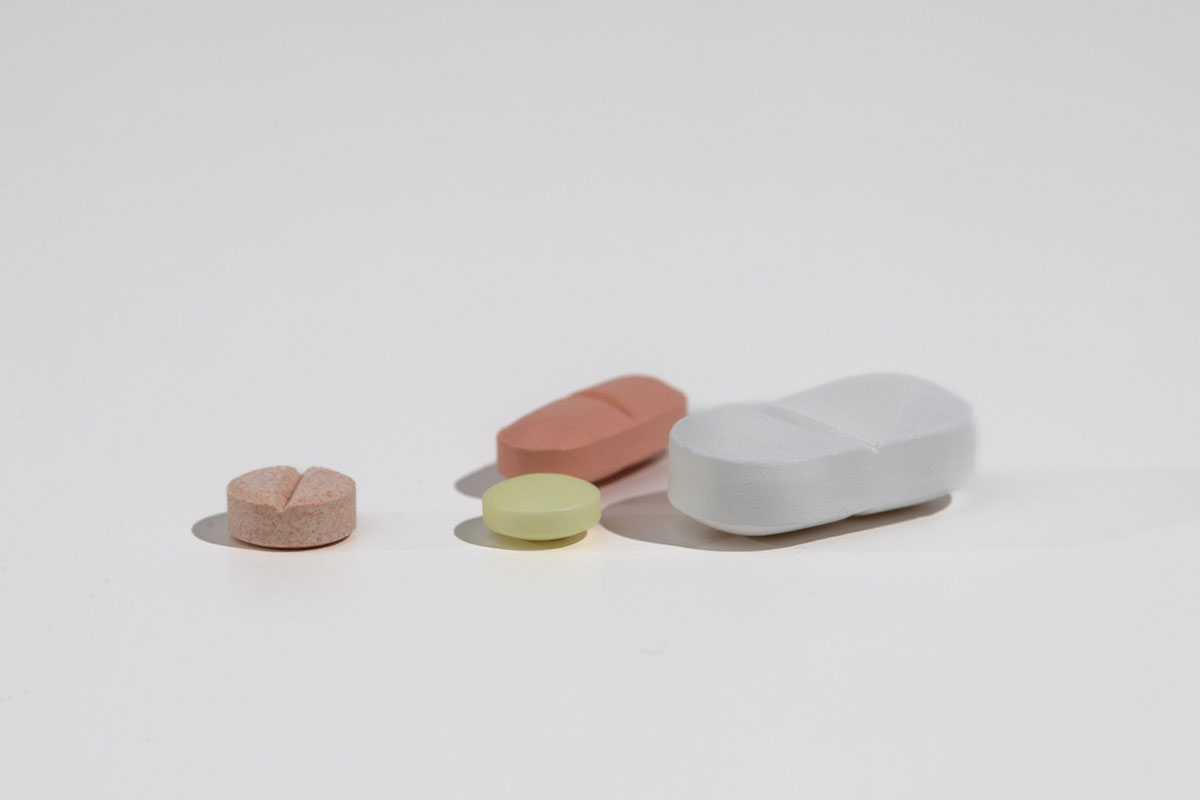

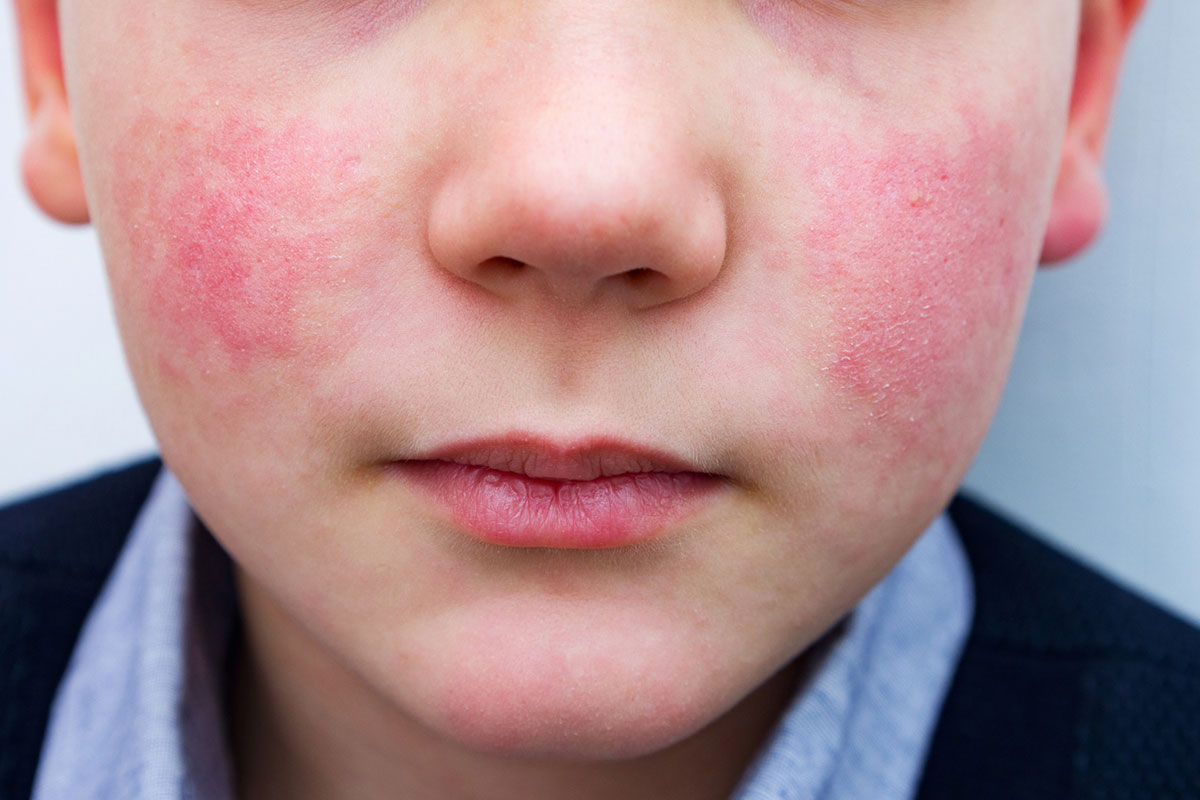





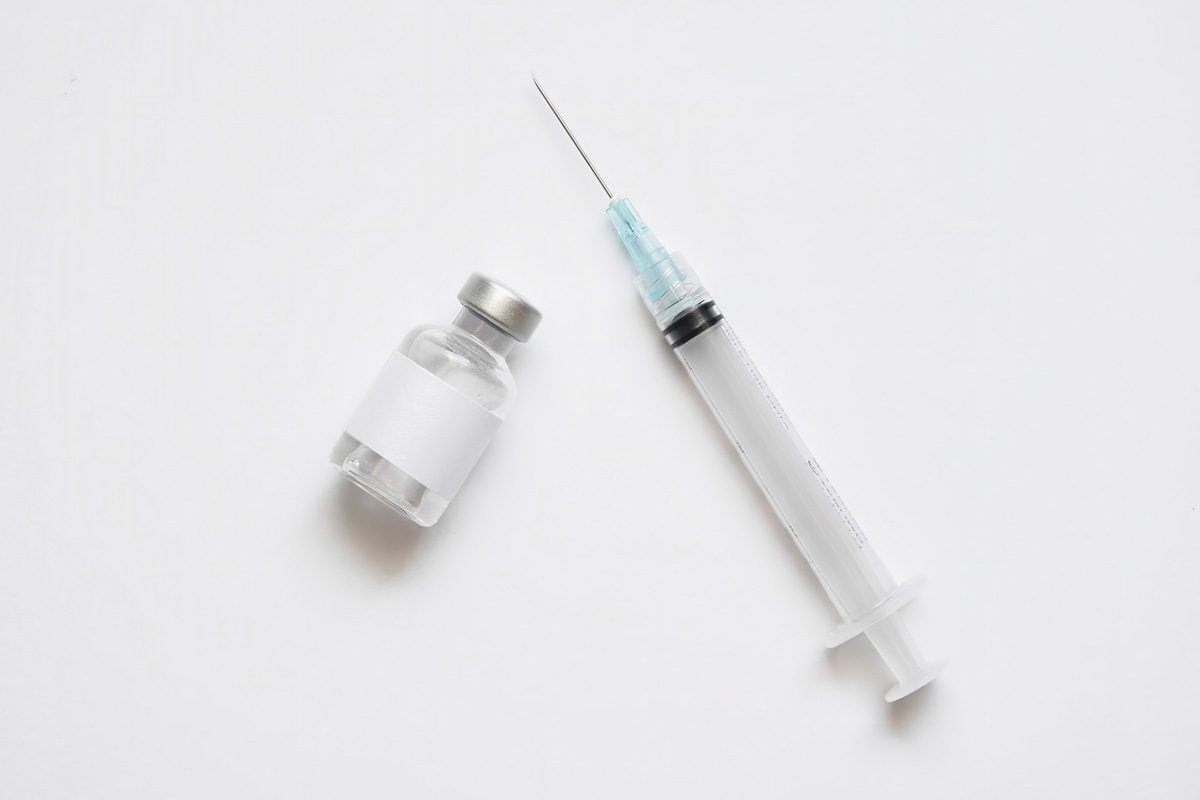








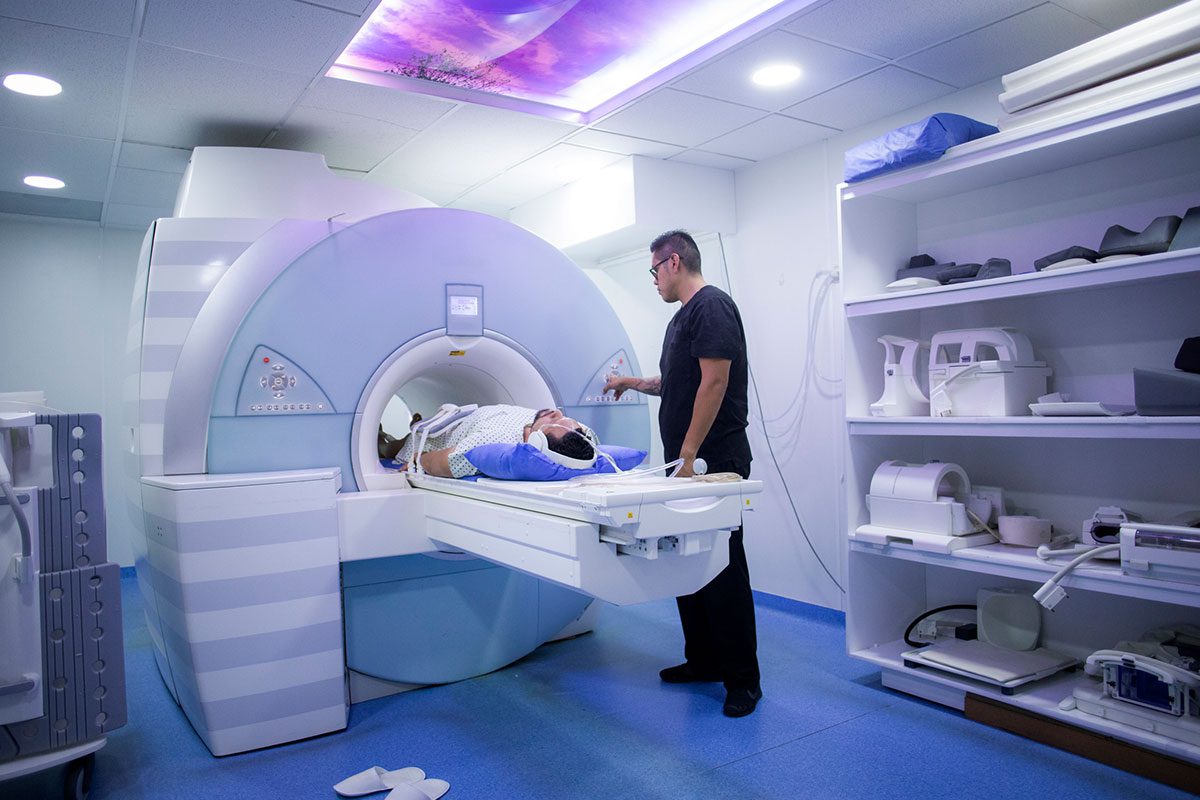


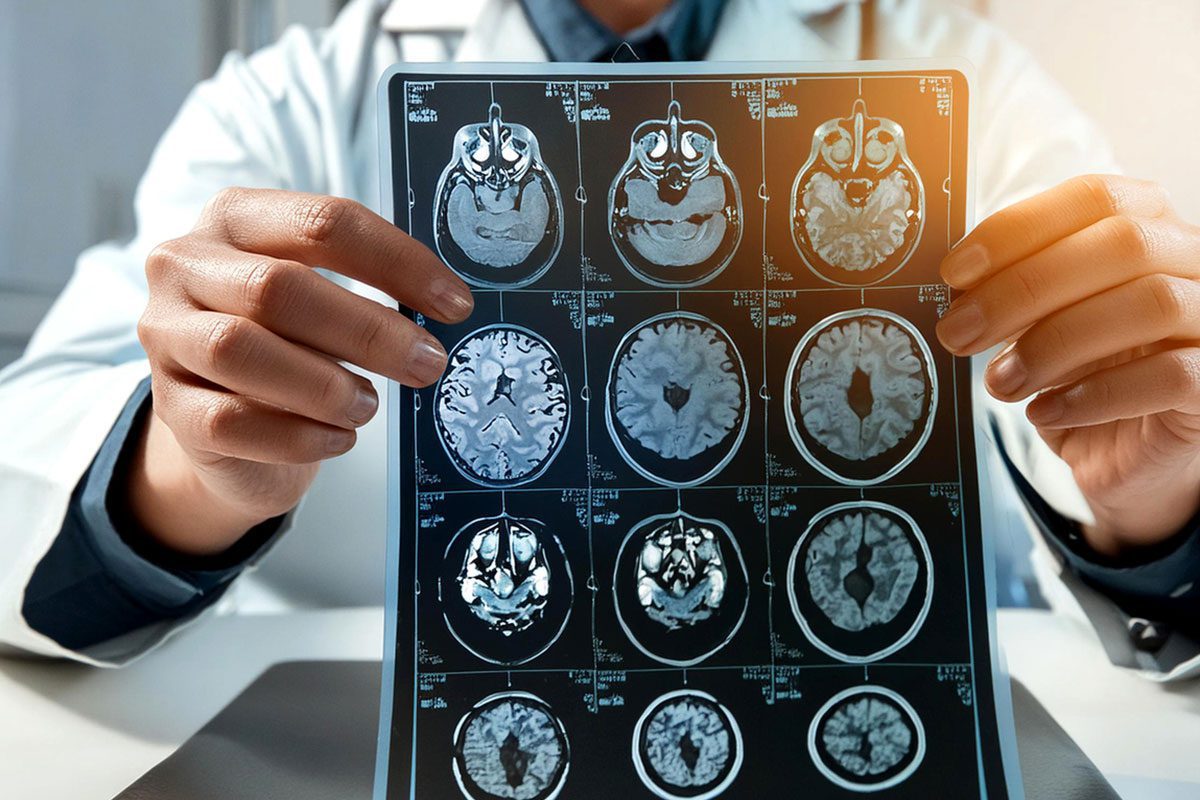




 Section Editor
Section Editor











